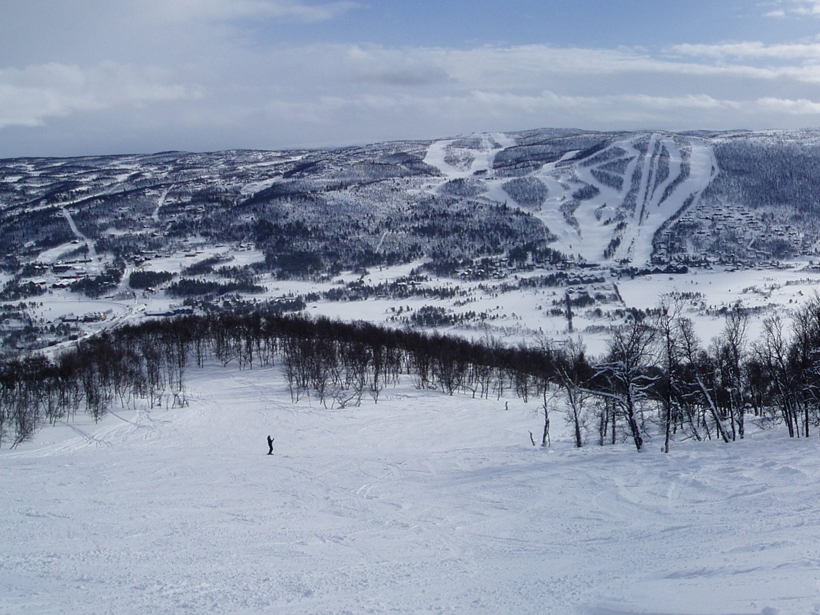The Norwegian Centre for Climate Services (NCCS) was established in 2013 to formalize the production of services in support of climate change adaptation and decision-making. Climate service practices are advancing quickly in Norway, but it is important to pause and take stock of what we are learning and where flaws in our current approaches exist.
NCCS convened a meeting to reflect on what we, mainly scientists with backgrounds in the geosciences, consider climate services to be and how we should evaluate the quality of these services. We think it is important to share our findings and experiences from the meeting and seek to engage with other practitioners.
The NCCS meeting included 24 participants from all of our climate services center’s partner and funding institutions. It took place in October 2017 in Geilo, Norway. The meeting convened to discuss existing climate services research projects and reflect on two essential questions: (1) What are climate services? (2) What are “good” climate services?
What Are Climate Services?
Climate service information can help practitioners to adapt to climate change or mitigate their impact on the climate.
The meeting’s participants identified an emerging agreement that climate services are useful and usable information tailored to the needs of a practitioner. They are not only data, but data with context or guidance. Climate service information can help practitioners to adapt to climate change or mitigate their impact on the climate.
Climate services may include a story line, advice, facilitation or outreach, and sustained communication. Often, they contain recommendations associated with tailored information to guide decision-making. Research results or data are not themselves climate services, and the NCCS is not and should not be a clearinghouse for data, attendees agreed.
What Makes Them Good?
Participants suggested that good climate services fulfill a practitioner’s particular need and are developed in dialogue with the practitioner. Such services link up with ongoing decision-making processes and are informative and easy to access and to understand. They also offer guidance on the correct and ethical use of the information.
Good climate services communicate uncertainties in a way appropriate to each partner. It is apparent that there are ethical, if not legal, responsibilities around how to use climate information, and meeting participants stressed that we must be up-front about the known limitations. Providers should be aware that practitioners or other stakeholders, like funders, may employ other measures of a good climate service.
Challenges and Outreach
Meeting attendees also discussed persistent challenges to producing climate services. These challenges include the following:
- an insufficient funding situation that makes it difficult for partner institutions to prioritize working toward common goals
- a decentralized structure, institutional barriers, and geographical distance between the partners
- a lack of robust quality control and evaluation frameworks
The NCCS is a collaboration between the Meteorological Institute, the Norwegian Water Resources and Energy Directorate, Uni Research, and the Bjerknes Centre for Climate Research. We are keen to discuss our experiences regarding climate services with other providers outside of Norway and believe that positive engagement between providers can result in improved practices.
—Stephanie Mayer (email: [email protected]), Uni Research, Bergen, Norway; also at Bjerknes Centre for Climate Research, Bergen, Norway; Scott Bremer, Centre for the Study of the Sciences and the Humanities, University of Bergen, Norway; and Stefan Sobolowski, Uni Research, Bergen, Norway; also at Bjerknes Centre for Climate Research, Bergen, Norway
Citation:
Mayer, S.,Bremer, S., and Sobolowski, S. (2018), An evolving framework for advancing climate services in Norway, Eos, 99, https://doi.org/10.1029/2018EO100269. Published on 11 June 2018.
Text © 2018. The authors. CC BY 3.0
Except where otherwise noted, images are subject to copyright. Any reuse without express permission from the copyright owner is prohibited.

